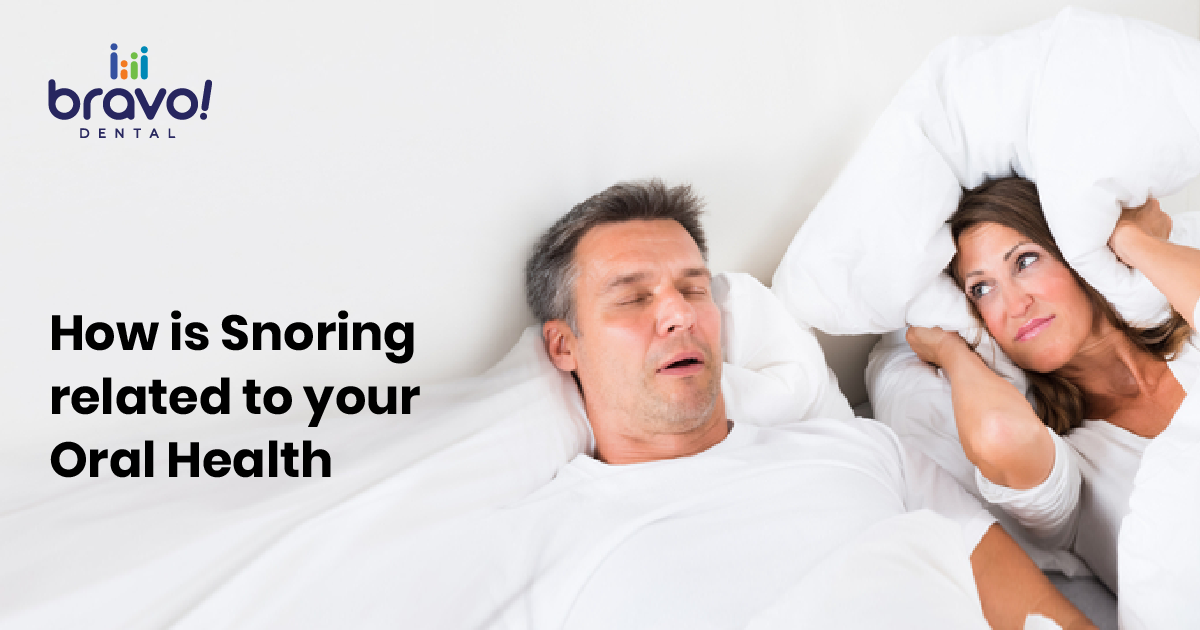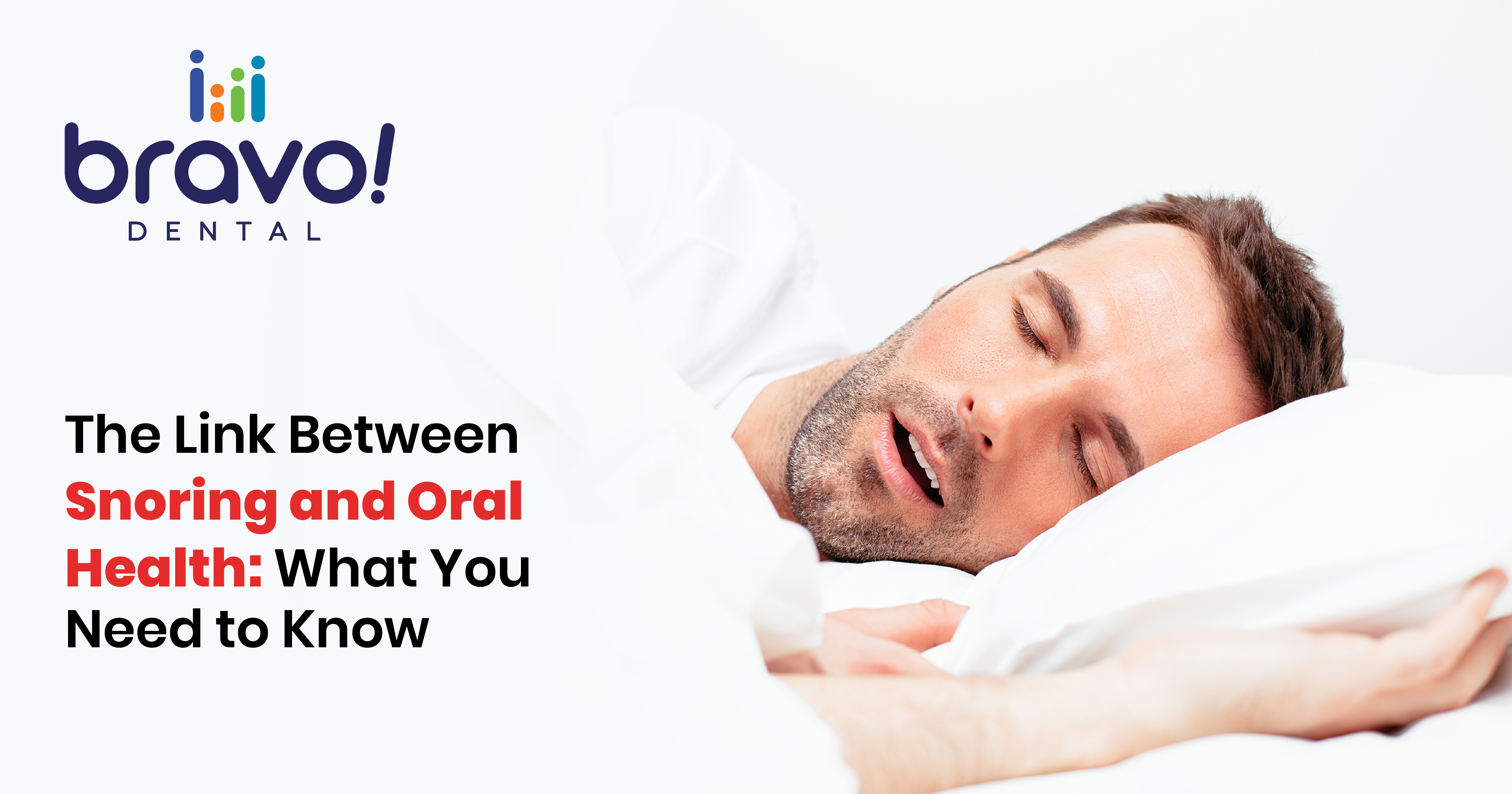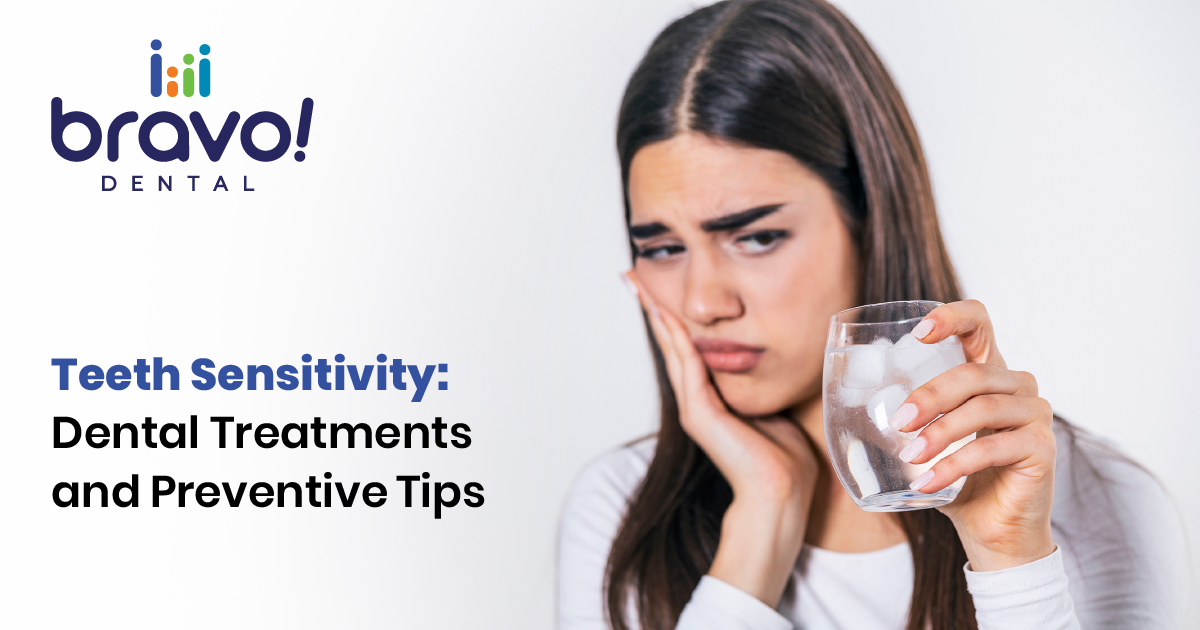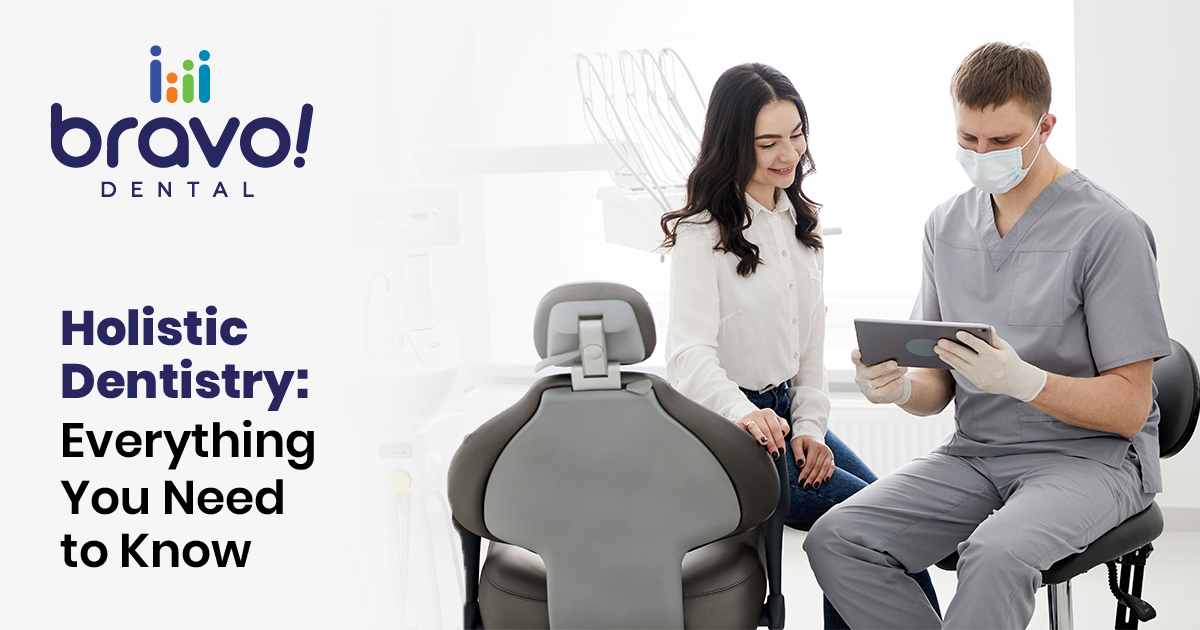
Is your partner annoyed with your loud snoring at night? You are not alone!
Snoring is a common occurrence for millions of individuals; studies show that 37 million people snore every night.
Every night, 40 % of men, 24% of women, and even up to 12% of youngsters, of the global population, are estimated to snore. Most of us think it is normal, but medical specialists, on the other hand, relate it to a variety of circumstances, including weight, alcohol consumption, disease, medicine, and even lack of sleep. Because snoring is so frequent, we sometimes mistake it for something normal and even healthy. But if you snore excessively, it is a clear sign that something else might be at stake in your body.
What is snoring?
When your airway is partially or fully closed, you will snore. That all-too-familiar sound is caused by vibrating tissue, a bloated or fluid-filled nasal cavity, or a tongue obstruction. Other common reasons why the nasal cavity is blocked would be obesity, chronic nasal congestion, alcohol, or tobacco. But, whatever the cause of the obstruction be, the result is the same: breathing becomes difficult, and we open our lips to allow more air in. And this is where the dental issue begins.
How can snoring affect your Oral health?
Saliva is an essential component of your alimentary canal, and is produced in your mouth. While snoring, the saliva dries out. If this persists, the salivary glands will stop working and run out of saliva to keep your mouth moist. The absence of salivary flow is known as xerostomia.
If you are wondering if that is such a bad thing: Saliva is necessary to cleanse the mouth by washing away dead cells from the tongue, cheeks, and gums. These dead cells produce an odor and can cause foul breath if they aren’t eliminated regularly. pH imbalances, cavities, and tooth decay are also more likely in dry mouths. Acids and bacterial plaque quickly collect in the absence of saliva, eroding tooth enamel or forming small pits that grow into cavities. Bacteria can even reach the tooth’s inner layer, harming sensitive nerves and dental roots if untreated. Since saliva is also an important factor in digestion of food, xerostamia could also adversely affect your digestive tract and associated organs.
How to get rid of excessive snoring?
Consult your dentist at once and request a sleep evaluation to determine the severity of your problem and figure out the best treatment. If the symptoms of snoring have progressed, your doctor may suggest popular remedies, such as:
• CPAP (continuous positive airway pressure) therapy: The hose, mask, and nosepiece of a CPAP machine continuously pump air across your airway, preventing it from narrowing.
• Customized snore guard: Your dentist can create a snore guard or mouthpiece-like device that repositions your mouth to keep your airway open.
• Minor surgery: If your doctor thinks it’s essential, surgery can clear your airway by removing tissue from the back of your throat.
If you have been witnessing a lot of problems due to snoring, a trip to your dentist might be in order. Contact us at Bravo Dental today and get rid of your annoying snoring.
Give your partner a peaceful night’s sleep…on us!
happy to hear from you, contact us
Fill out the contact form below and Feel free to send any question or query.




